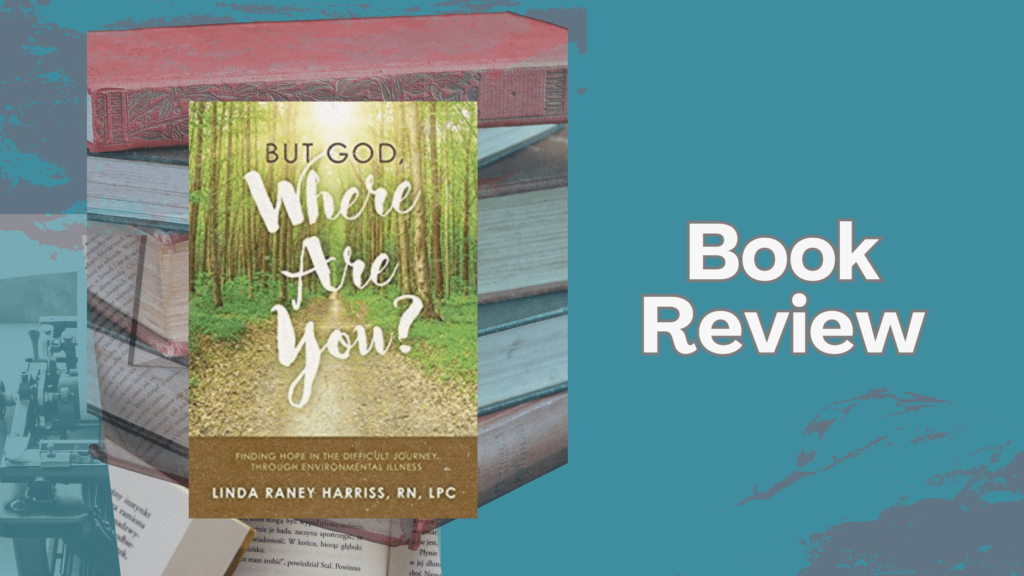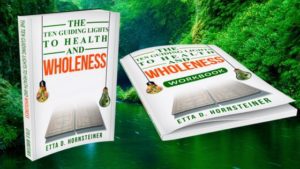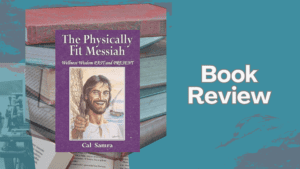But how could such a thing happen to me? I had been a nurse for three years. I knew how to take proper care of my body. I avoided junk foods, soft drinks, candy, cookies, and everything containing sugar or white flour. No one had told me that everyday building materials could affect my body in such an adverse way (22).

Refreshingly honest! Daring! But God Where Are You? by Linda Raney Harriss is an emotionally poignant memoir of Harriss’s journey through environmental illness.
Have you ever prayed and prayed for healing? Have you ever believed and believed for your healing? Yet nothing happens. Perhaps you know of someone who has been praying for an outcome for a long time. Perhaps it is not healing but something else. Through the lens of environmental illness, Harriss takes us on her courageous journey of faith doubt, hopelessness and shame, and depression. If you have not heard of environmental illness or do not know anything about it, be prepared for a unique lesson through the dark valleys of a toxic world where your own clothing, every smell, the furniture in your home, and every food become your body’s enemy. This book is so well written that even if you have not had Harriss’s experience, you will be able to relate to her pathos. After all, that’s what good stories do: they convey universal messages. At one point, we have all asked the question “but God where are you?” Harriss’s story becomes for us a model and a bright light in the midst of any darkness we might have to face or are facing.
But God Where Are You? is worth the read for three reasons: (i) you will learn in an intimate way about a sickness you may not have heard about; (ii) you will learn about the compassion of God as Harriss dares to bare, confront and share the questions of doubt as she fights to hold on to her life (iii) You will witness a beautiful integration of body, mind, and spirit.
Environmental illness can occur when you are exposed to toxins or substances that make you sick. You can be exposed to these toxins at home, work, or play—anywhere. I appreciate the way Harriss blends the facts of the illness as she recounts her story. For this reason, Harriss’s book is an easy read: she educates us about toxic chemicals and their impact on the immune system while telling a gripping story. Astonishingly, Harriss discovers she is allergic to everything in the world. Unless you read Harriss’s book, you will think that this statement is a hyperbole or an exaggeration; it’s not, it’s a fact.
But God Where Are You? is somewhat of a Job’s story. Harriss’s suffering is excruciating and unapologetically emotionally charged. She shares how many believers criticized her for lacking faith or having sin in her life. Friends abandoned her, as doctors advised her to isolate herself in order to become well. It’s amazing what you learn about yourself when you are taken on these types of difficult journeys. Harriss is faced with much shame, having been a strong and confident mother and wife, she is left bedridden and at the mercy of her family. As a nurse who once cared for patients, she becomes ashamed of her weakness and frailty.
Yet, amazingly, her suffering reveals God not through a typical Christian Pollyanna view but through the doubt, shame and confusion. She unveils a God who is sovereign. And you see the mystery of God whose thoughts you cannot fathom. You see a merciful and loving God who gives signs of comfort that He is still present in the darkness.
As people of faith who tend to be dualistic in their thinking, the integration of body, mind and spirit can be a difficult concept to understand, especially when it involves healing. However, Harriss deals with this theme well as she demonstrates how the toxins affect her body, particularly the chemical imbalance in her brain, which leads to depression. Sometimes you see Harriss’s confusion as she tries to distinguish between the depression brought on by the allergies and the depression brought on by an exhausted mental state. Nonetheless, it is always the Word that she goes back to that lifts her above the dark clouds. And it is even the Word that instructs her to change her thinking in order to fight for her life physically and spiritually.
Harriss’s journey to health is long and is felt in each chapter, which contains numerous subtopics to guide the reader. However, I felt at times these subtopics interrupted the fluidity of the text, taking away the ‘storytelling feel’ and giving the memoir more of textbook feel.
Nevertheless, I would read this book again because it can be read on various levels. Even if you are not a Christian, the book offers so much beneficial information from a health and wellness perspective. This is certainly a must-read for anyone interested in holistic health. It is a must-read for anyone dealing with depression. It is a must-read for anyone interested in the intersection of faith and mental health. It is a must-read for anyone interested in the integration of body, mind and spirit.






